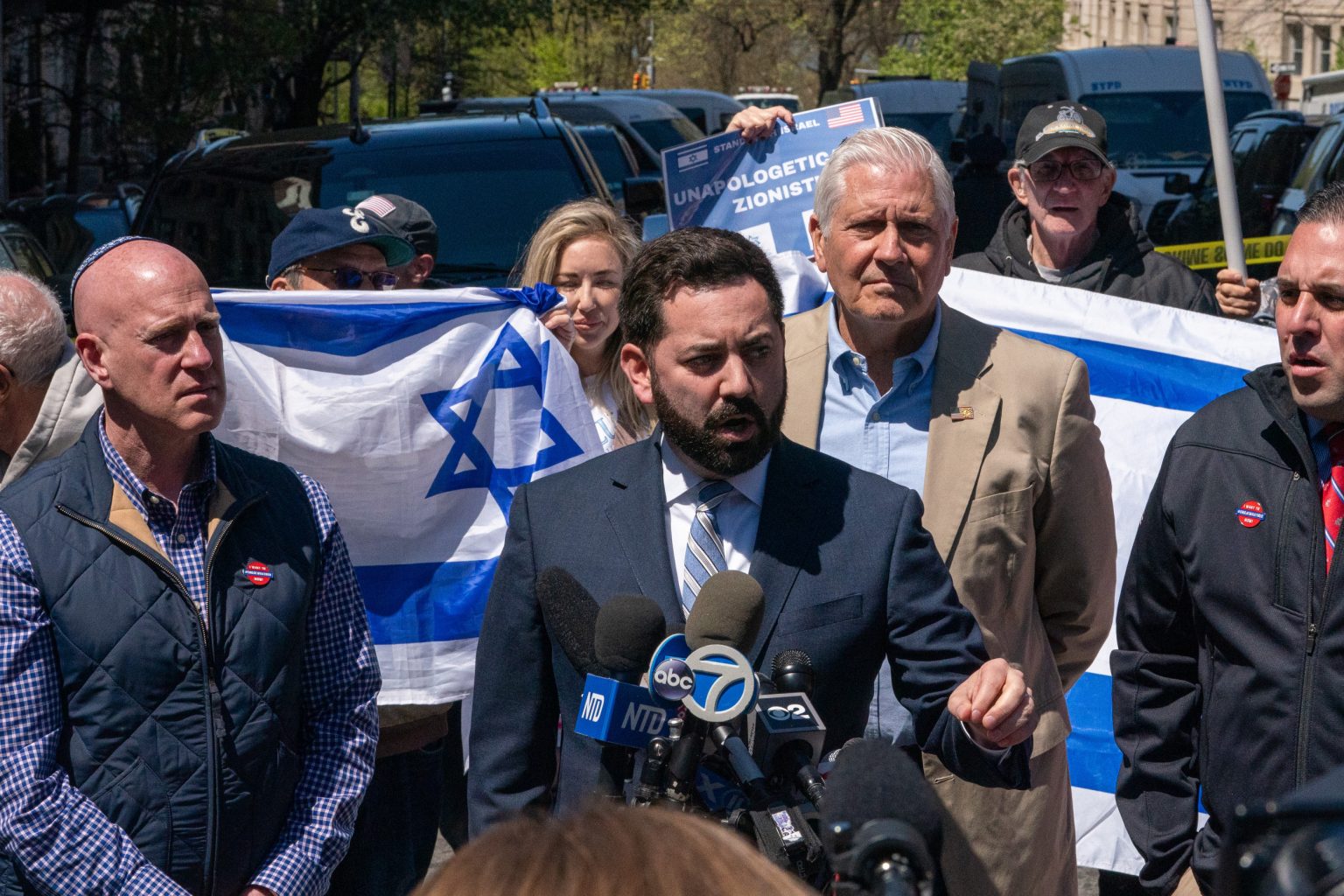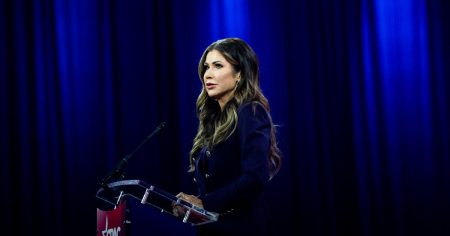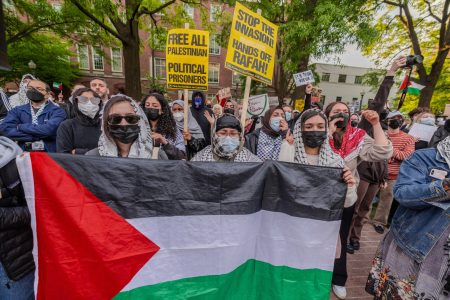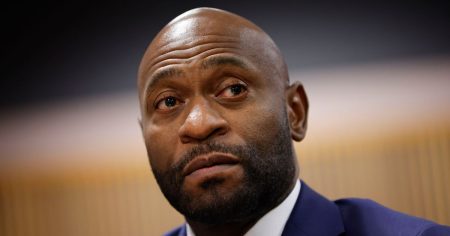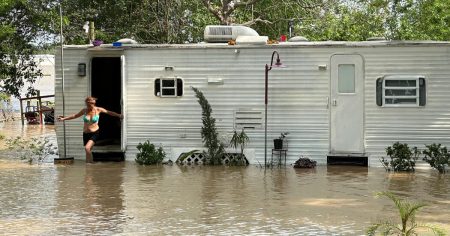Calls for Columbia University President Minouche Shafik’s resignation in response to ongoing pro-Palestinian protests on campus are intensifying as tensions escalate. Shafik’s attempts to address security concerns amidst charges of antisemitism and unrest on campus have not been successful. The establishment of a “Gaza Solidarity Encampment” by student groups protesting Israel’s actions has led to a series of arrests and heightened tensions on campus, prompting the cancellation of in-person classes to deescalate the situation.
The New York GOP congressional delegation, including Representatives Elise Stefanik, Nicole Malliotakis, and others, has called for Shafik’s resignation, citing her failure to ensure a safe learning environment amid chaotic protests. Lawmakers are demanding decisive action from Shafik, including the expulsion of involved students and the termination of faculty implicated in the demonstrations. The situation at Columbia University has drawn criticism from both Democratic and Republican lawmakers, with some calling for Shafik’s resignation and others advocating for military intervention.
In response to the protests, some lawmakers are calling for a more robust response from Shafik and Columbia University to safeguard Jewish students on campus. Republican Senator Tim Scott and others have condemned the unrest, labeling it as a breeding ground for hatred and antisemitism. Calls for law enforcement intervention and university action to address the protests have intensified, with some suggesting the deployment of the National Guard to restore order on campus.
Democratic Representative Ilhan Omar attended a protest at Columbia University in support of the demonstrators, commending their courage and solidarity against the conflict in Gaza. Meanwhile, calls for Shafik’s resignation have gained traction, with lawmakers from both parties expressing concerns over the handling of the protests and the safety of students on campus. Some are calling for more decisive action from Shafik, while others suggest her resignation as a necessary step to address the ongoing unrest.
The protests at Columbia University have sparked debate over free speech rights on campus and the responsibility of university leaders to address antisemitism and protect students. Some lawmakers are advocating for stronger actions to address the protests, while others question the role of external pressures in exacerbating the situation. As tensions continue to rise, the calls for Shafik’s resignation and for decisive action by Columbia University to address the unrest are intensifying, prompting a broader discussion on campus safety, free expression rights, and the role of university leadership in responding to social and political conflicts.





